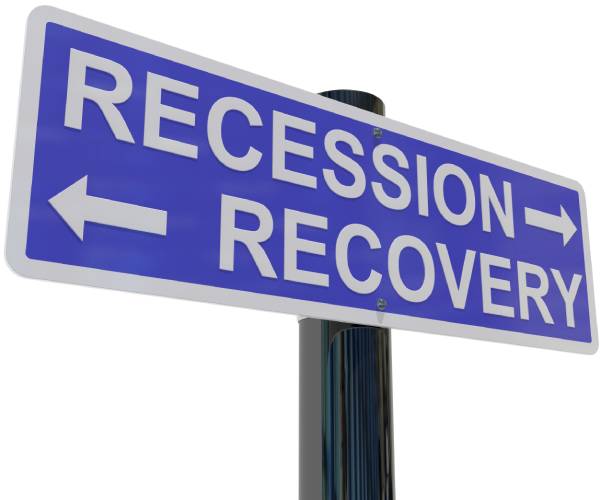Article by Ben Stein in NewsMax
Economy at Tipping Point
It had to happen.
As the pandemic struck in 2020, economic experts warned us: With a huge drop in consumer demand because so many people were ill or locked up in their homes, because so many exporters usually sending crucial pieces of equipment to us would be hobbled by the plague, there would be rough sledding ahead for the economy.
The words “Great Depression II” came up with frightening frequency.
The solution, as the experts saw it, was to flood the economy with money. In an economic downturn, people buy less, and the economy goes south.
The basic law of economics in recent decades is “Fisher’s Law” — MV=PT. M is the quantity of money in the economy. V is the “velocity” of money, namely, the rate at which money is spent and/or invested. P is the price level in the economy. T is the number of transactions, or the vigor of the economy. It is extremely similar to V, “velocity” on the other side of the equation.
In a depression, the velocity of money slows down considerably. To off set that problem, the supply of money can be ratcheted up by the Federal Reserve, acting in harmony with the Treasury.
The equation is known as “Fisher’s Law” because it was first preached by Professor Irving Fisher of Yale (my alma mater for law and for economics). By a cruel caprice of fate, Fisher did not foresee the stock market crash of 1929, which led to the Great Depression, although it did not cause it.
Fisher was highly invested in common stocks bought on margin, which means bought with borrowed money — supposedly secured by the stocks.
(When the stocks crashed, they failed as collateral and had to be sold. Fisher was badly hurt but saved from ruin by the trustees of Yale. They bailed him out and allowed him to stay in his house very near where I, as a first-year law student, lived about 35 years after the professor’s disappointment.)
Despite his disaster, his “law” has turned out to be golden and brilliant. The Trump finance chiefs had read the history of the Great Depression. They had read about the key importance of pumping up the money supply. They did indeed flood the economy with money by keeping interest rates ultra-low and by payments to Americans.
The Biden finance people, especially Janet Yellen, the fine Treasury secretary, and Jerome Powell, the superb head of the Federal Reserve, kept on pumping money into the economy.
They did that in part by paying Americans a decent wage whether they were working or not. Sure enough, the economy has very largely revived.
Now instead of a problem of unemployment, which we had feared, there is a stunning shortage of willing workers in energy, transportation, medical care, education, and many other fields.
Workers are being offered much higher pay than they were getting pre-pandemic. Suppliers of resources, especially energy resources, are in the catbird seat as Biden’s environmental nonsense policies shut down pipelines and curtail fracking.
Naturally, prices are rising, and rising fast. That was the P part of Fisher’s Law. As the Money stock grew and Velocity rose, just as a matter of arithmetic, Prices had to rise.
So, now we are at the tipping point: There is still fear that the economy could slide back into recession. Thus, the Fed is pumping less money into the economy and allowing interest rates to rise.
M is now stable instead of rising rapidly. V is rising extremely fast. That means that P must rise, and it is rising.
What can we expect? First, that interest rates will not stay ultra-low forever. If you want to buy a house, if you find one that you love, you might not see mortgage rates this low again in your lifetime. Act accordingly.
Second, once inflation gets rolling, as it now is, it never stops on a dime. It keeps rolling. It rolls especially in residential real estate.
Home prices have risen sharply in many parts of the nation. It would be extremely unusual if that inflationary process stopped.
Once again, if you want a home, now might be a good time to buy. Buckle up your seat belts. Inflation is a bumpy ride, but for owners of residential real estate, it can also be a thrill ride.
https://www.newsmax.com/benstein/economy/2022/01/10/id/1051710/



